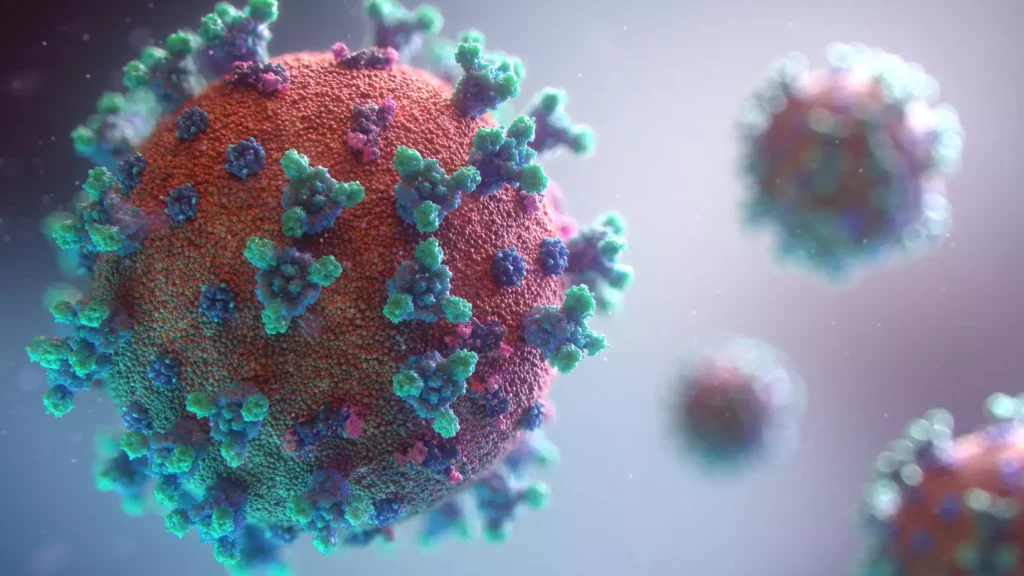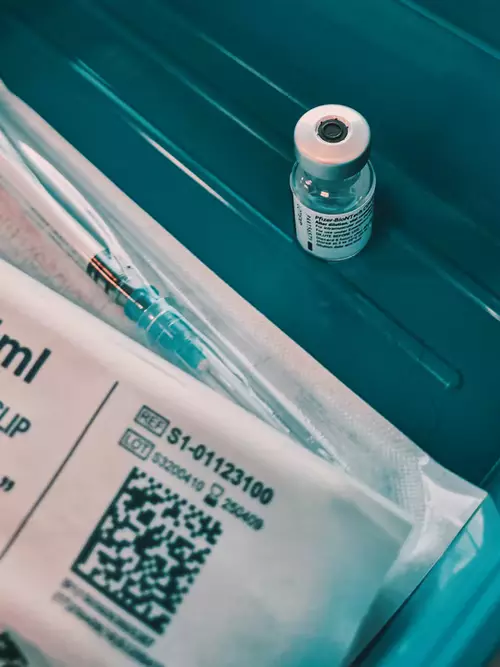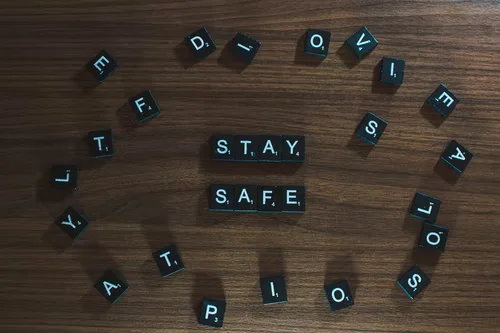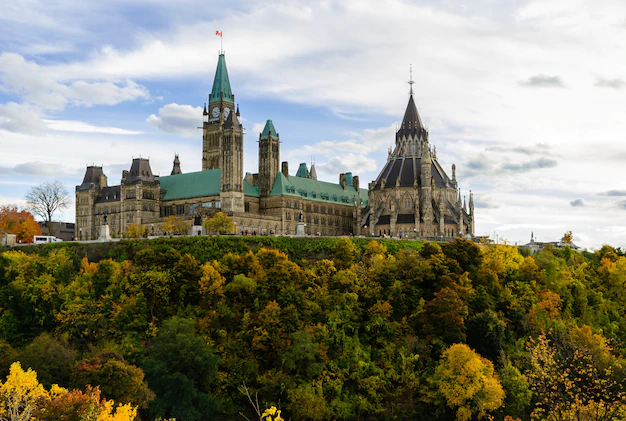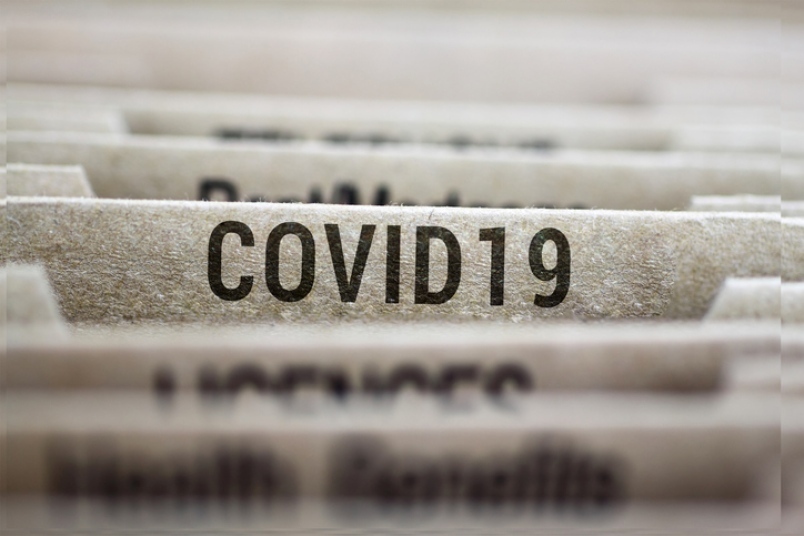Articles relating to anything COVID-19 that we discuss on.
National Advisory Committee
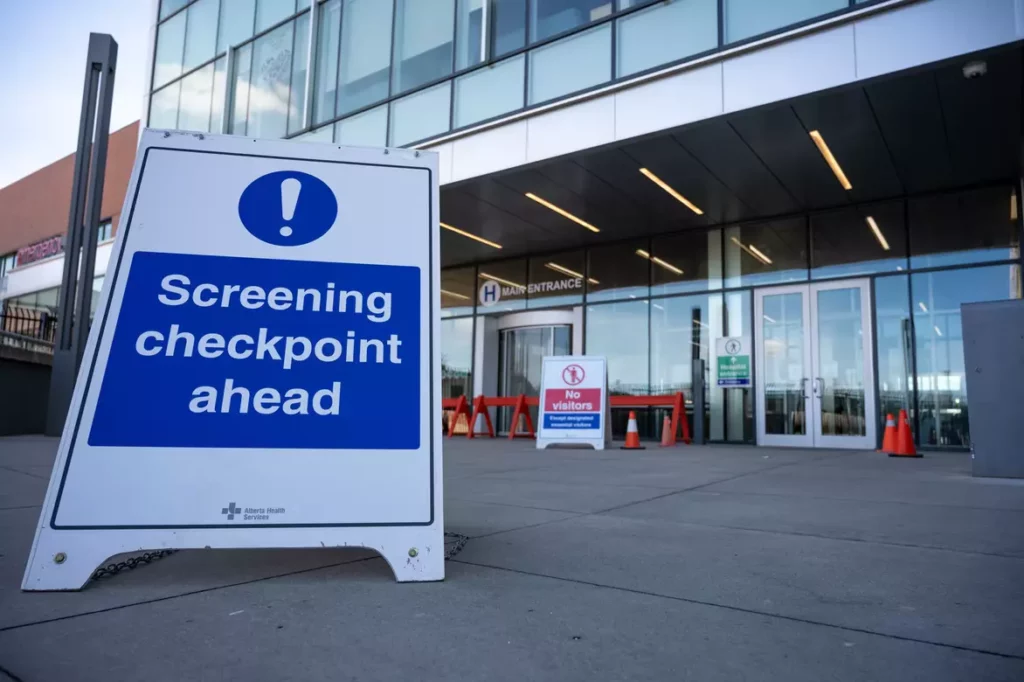
The National Advisory Committee on Immunization (NACI) has concluded that a precautionary approach of separating the time between administering COVID-19 and non-COVID-19 vaccines is now no longer necessary and recommends that COVID-19 vaccines may be given concomitantly with (i.e. same day), or any time before or after, non-COVID-19 vaccines (including live, non-live, adjuvanted, or unadjuvanted).
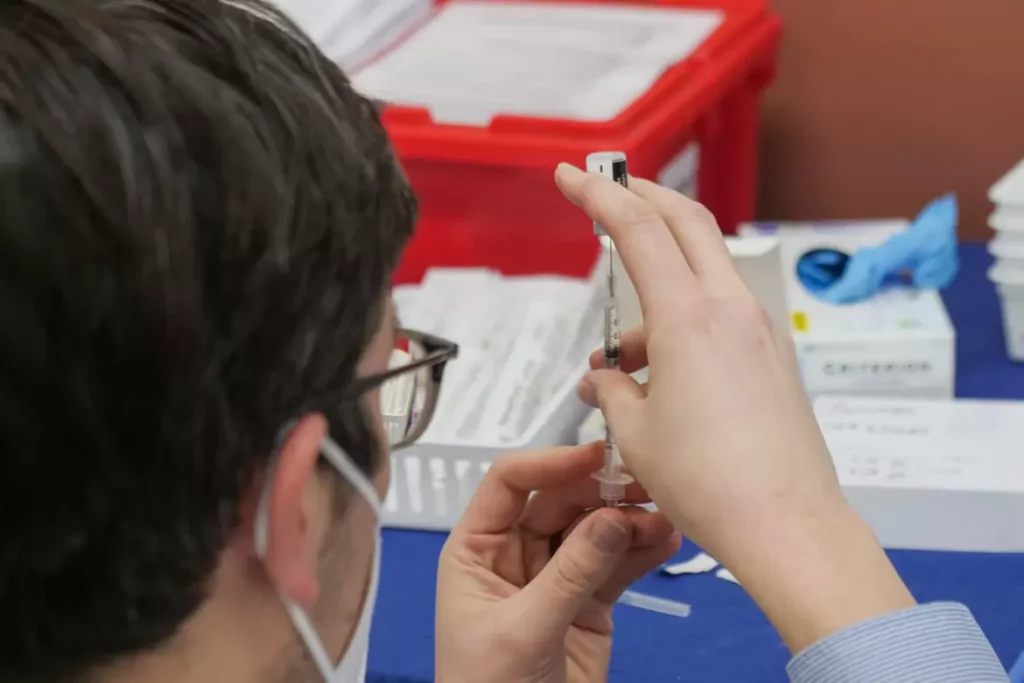
If more than one type of vaccine is administered at a single visit, they should be administered at different injection sites using separate injection equipment.

